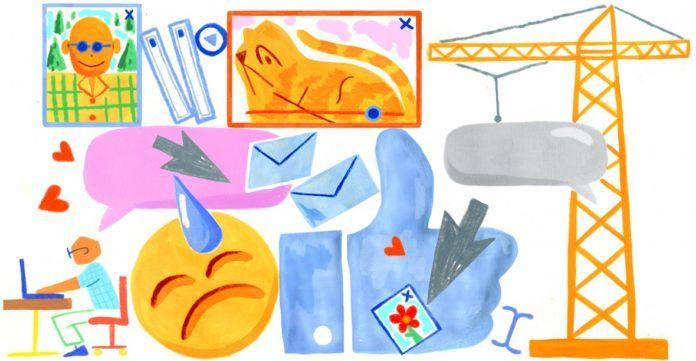Facebook is the most popular social networking site in the world, based on the number of active user accounts. Facebook connects you with your family, friends, work colleagues, and even enables to meet new people. Although, Facebook always try to bring something new to the user that amaze them. Previously, the CEO had developed Jarvis, the artificial intelligence (AI) assistant. Zuckerberg had developed the Jarvis with the aim to control his home and perform some basic task.
Now, Facebook is bringing the company’s experimental assistant called Facebook M. Facebook M offers insight to Messenger and shows the value of having a true digital butler in your pocket.
It works similar to Apple AI assistant Siri. The virtual assistant Siri is used to finding information on its computers. It carries out web searches and sends messages to acquaintances. When you fire a message to M, it’s algorithms try to discover for what you want. But its ability that returns meaningful answer makes it different from Siri.
When Siri cannot answer a question, it replies: “I’m sorry, I don’t understand the question.” But in the case of M, it is like a chatbot answering your question.
Instead of just retrieving simple pieces of information from databases, M can understand complex orders and take actions like booking theater tickets or contacting companies for information.
Alex Lebrun, who started the project said, “Everybody in this field, dreaming of creating the assistant that will finally be very, very, very smart. M is supposed to open a path to truly doing it.”
Since this project was too expensive to scale to the 1.2 billion people who use Facebook Messenger, the company offered M to a few thousand users in 2015. Users like M, and the theory that software could learn to take over some work from the human trainers. Still, M is far from the point where it could be offered to the other 99.9 percent of Messenger users, and progress has been a harder one than expected.
Lebrun said, “We knew it was a huge challenge, but it’s even bigger than I thought. The learning rate, the growth of the automation—we’ve seen that it would be slower than we hoped. M’s story is a reminder of how far artificial intelligence has come in recent years—and how far it has to go.”
